Five Ways to Avoid ‘Overwhelm’
Posted on July 13, 2011 by Debra Burdick
If you are like many people these days you are feeling chronically overwhelmed. And if you have ADHD you probably struggle more than most. Feeling overwhelmed occurs when we feel we have too much to do and not enough time to do it. We fall behind and we are constantly trying to catch up and keep up with the demands on us. Phew! I felt that familiar feeling of overwhelm just writing that sentence!
Here are some great suggestions for how to avoid overwhelm.

1) Stop and take a deep breathe. Calm down your monkey brain for a few minutes so you can take stock of what’s going on. Step off the treadmill for a moment to get some perspective on what is most important.
2) Notice what you are thinking about and saying to yourself. Be aware of chronic negative thinking and self talk such as ‘I’ll never get this project done’, ‘I don’t have time to wrap those presents before Christmas’, ‘I’m going to be late again’.
Replace these negative, worry thoughts with thoughts that are more positive and calming. For example replace ‘I’ll never get this project done’ with ‘I’m worried that I won’t get the project done but I have finished projects before and I will figure out how to get this one done, too’. There doesn’t that feel better already? Then take a minute to figure out what you need to do to get it done. This might include setting priorities and working on the most important task first. It might involve delegating some of the tasks. It might mean you need to be less ambitious and postpone a few of the tasks till a later time. It might require you to ask for help. Remember you always have options.
3) Make a list of everything you have to do. Then evaluate each item and put the items in priority order of what needs to be done first, second, third, etc. Be realistic about what you can expect to accomplish in any given time period. Some experts advise against putting more than five items on your list at a time. If your list has more than five items, move the five highest priority items to an active ‘to do’ list and when these five are done, replace them from your master list.
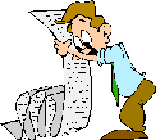 When compiling your list, think about which items you really have to do and which items you can do tomorrow, and which items you can scratch off your list because somebody else can do them or they really aren’t that important. Be strict with yourself to limit what you set up for yourself to accomplish. Be realistic.
When compiling your list, think about which items you really have to do and which items you can do tomorrow, and which items you can scratch off your list because somebody else can do them or they really aren’t that important. Be strict with yourself to limit what you set up for yourself to accomplish. Be realistic.
Make sure your list includes items that fall into the category of self care. One ADHD coach found that the majority of the people in her workshop audience reported being involved in goal directed activity 95% of the time. They did not count self care as goal directed activity. If you allow yourself some down time to do nothing, time to sleep, time to exercise, time to eat healthy foods, and time to enjoy life you will find it easier to deal with the other things on your list.

4) Ask for help. Whether you are overwhelmed at work, at home, or both, it is often necessary and extremely helpful to ask for help. I remember my boss giving me more and more work until one day I finally told him I couldn’t get it all done on time without some help. He la ughed and said, ‘I wondered when you would let me know I had given you way too much to do. Thanks for telling me.’ Then he reassigned a couple of tasks and found an assistant for me. And I felt way less overwhelmed.
You do not have to do everything yourself. At home, involve your family to take care of routine tasks around the house. Even if you live alone you can ask for help from family, friends, or neighbors. You can also hire help. Yes, you can strip the wallpaper, spackle the wallboard and paint it. But you might instead strip the wallpaper and hire someone to spackle. Then you could paint or hire someone to paint. Give yourself the tasks you enjoy the most and let others do the rest. Your teenage daughter might be delighted to decorate the mantle at Christmas this year. She will be glad you entrusted her with the task. And she may use her own creativity to make it look better than ever. Let your son set up the patio furniture in the spring.
5) Plan out your day everyday. Set aside fifteen minutes every morning to look over your schedule for the day and to look over your ‘to do’ list. Stephen Covey in his book ‘Seven Habits of Highly Successful People’ recommends using this planning time to evaluate what is most important including time to take care of yourself. Schedule time to exercise. If you don’t, it probably won’t happen. Put fun things on your list along with the work and obligations. Schedule time to drive around and look at Christmas lights in December or to go to the beach in the summer. Schedule down time which you can use any way you want to enjoy and recharge.
Use these five suggestions regularly. Make it a habit to stop and breathe. With practice you will get better at prioritizing items on your list and getting rid of things you don’t really have to do or that can be done by someone else. There will always be more to do. Focus on the present moment instead of constantly worrying about the past or what ‘might’ happen in the future. Enjoy this moment. It’s gone before you know it.
I would love to hear your personal experiences with this topic.

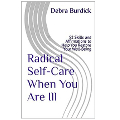

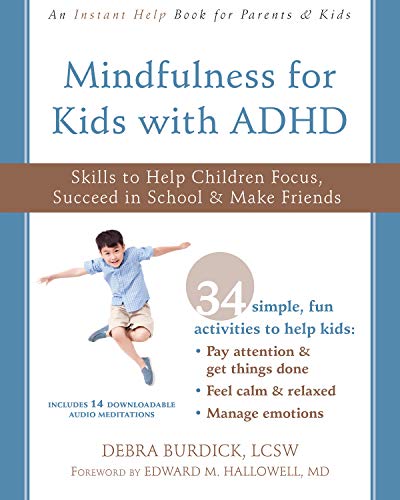
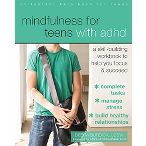
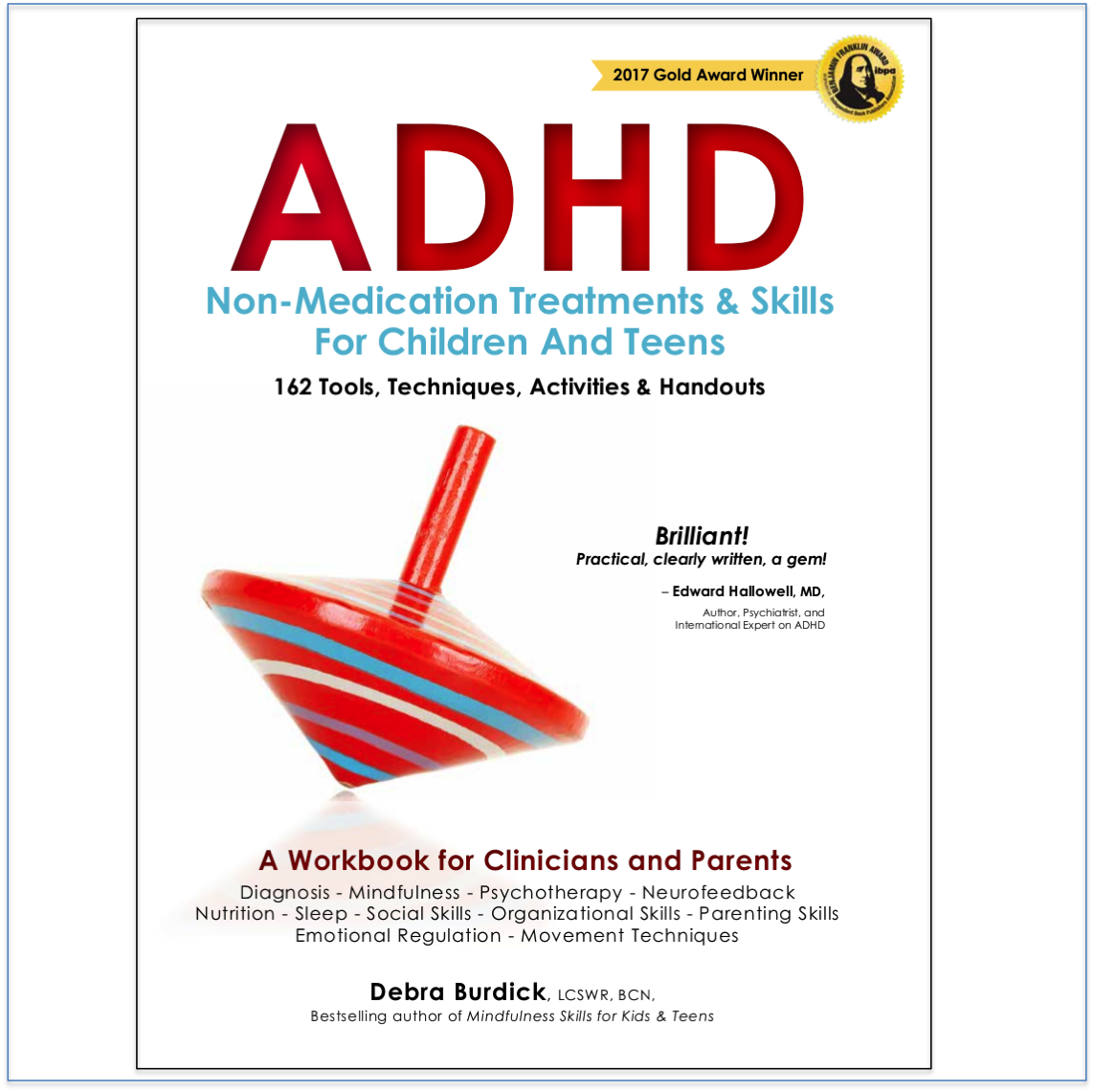
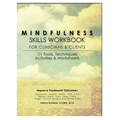
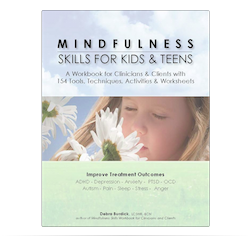
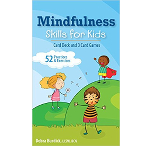
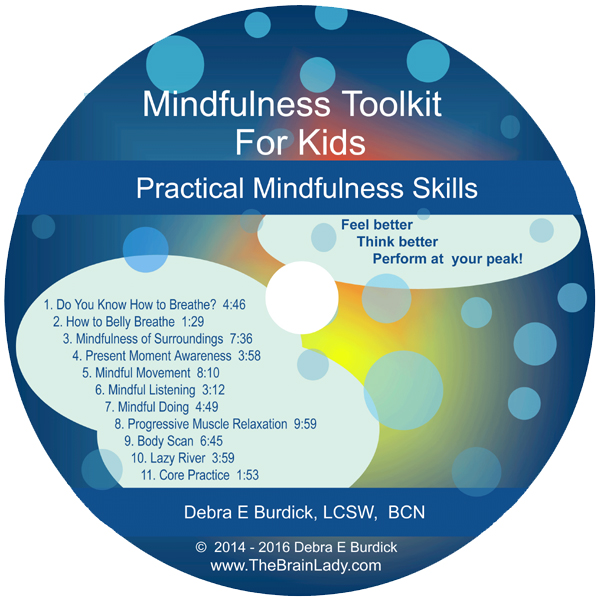
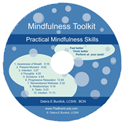
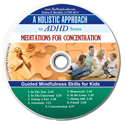
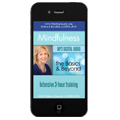
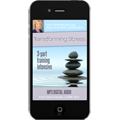
No comments yet. You should be kind and add one!
The comments are closed.